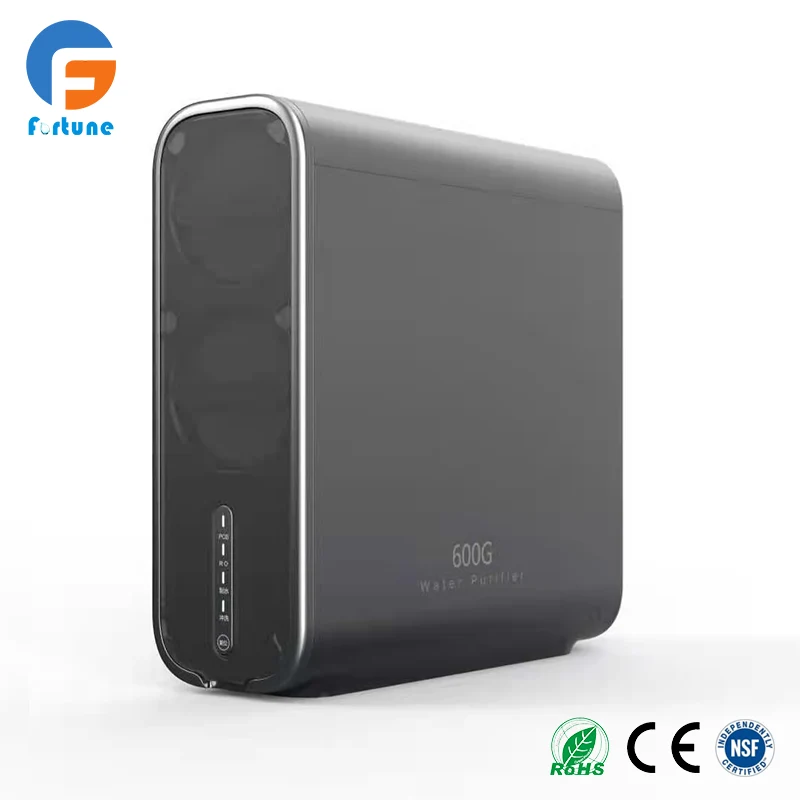Residential RO Water Filters: How They Work and Why They Matter
2024-11-20
Access to clean and safe drinking water is essential for a healthy life, and residential RO water filters are a popular choice for achieving this goal. RO (Reverse Osmosis) technology has revolutionized water purification by removing impurities, contaminants, and even dissolved solids. This blog explores how residential RO water filters work, their key features, and their benefits.
What Is a Residential RO Water Filter?
A residential RO water filter is a compact water purification system designed for household use. It uses reverse osmosis technology to remove a wide range of impurities, ensuring that the water you drink and cook with is safe and free of harmful contaminants.
How Does Reverse Osmosis Work?
1. Pre-Filtration
- Water passes through a sediment filter to remove large particles like dirt and sand and a carbon filter to eliminate chlorine and odors.
2. Reverse Osmosis Process
- The water is forced through a semipermeable membrane that blocks contaminants like heavy metals, bacteria, and viruses while allowing clean water to pass through.
3. Post-Filtration
- Additional filters, such as activated carbon or UV sterilizers, may be used to enhance water taste and kill any remaining microorganisms.
4. Storage Tank
- Purified water is stored in a tank, ready for use when needed.
Key Features of Residential RO Water Filters
1. Multi-Stage Filtration: Combines sediment, carbon, and RO membranes for comprehensive purification.
2. High TDS Reduction: Effectively removes dissolved solids, heavy metals, and salts.
3. UV or Alkaline Enhancements: Optional features for sterilization or improved water pH.
4. Compact Design: Fits under the kitchen sink or on the countertop, making it ideal for home use.
Benefits of Using a Residential RO Water Filter
1. Healthier Water
- Removes harmful contaminants, ensuring water is safe to drink.
2. Improved Taste
- Eliminates unpleasant odors and flavors caused by chlorine and other chemicals.
3. Cost Savings
- Reduces the need for bottled water, saving money in the long run.
4. Environmental Impact
- Minimizes plastic waste by eliminating reliance on single-use water bottles.
5. Customizable Options
- Many filters come with additional features like mineral enhancement or smart monitoring systems.
A residential RO water filter is more than a convenience—it’s a commitment to better health and a sustainable future. By investing in one, you can ensure your family enjoys clean, great-tasting water while contributing to the environment.



